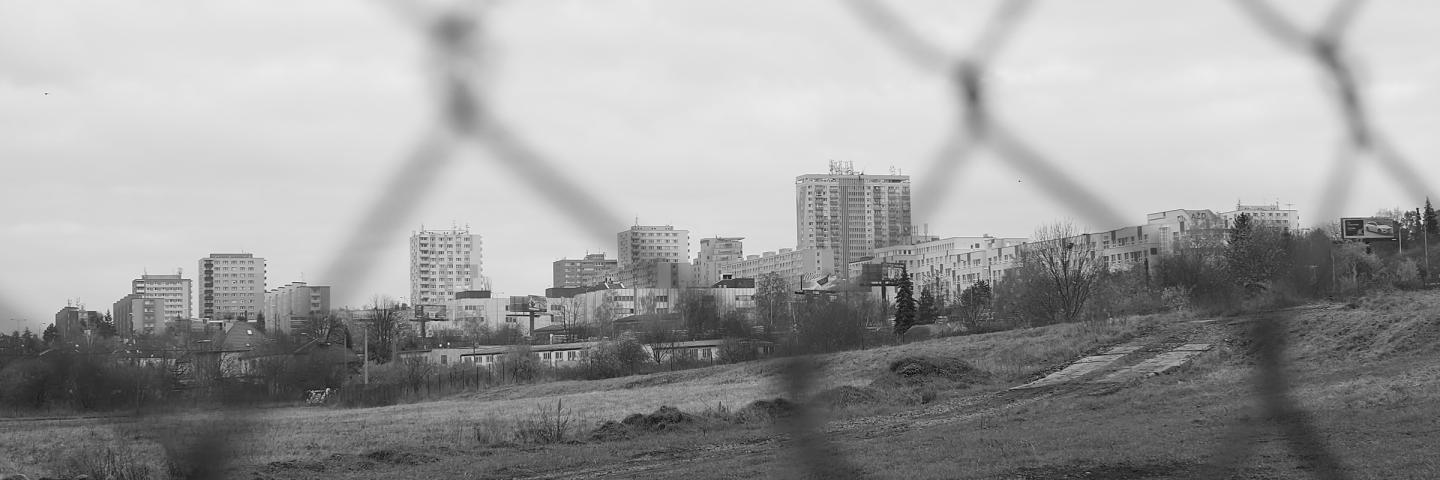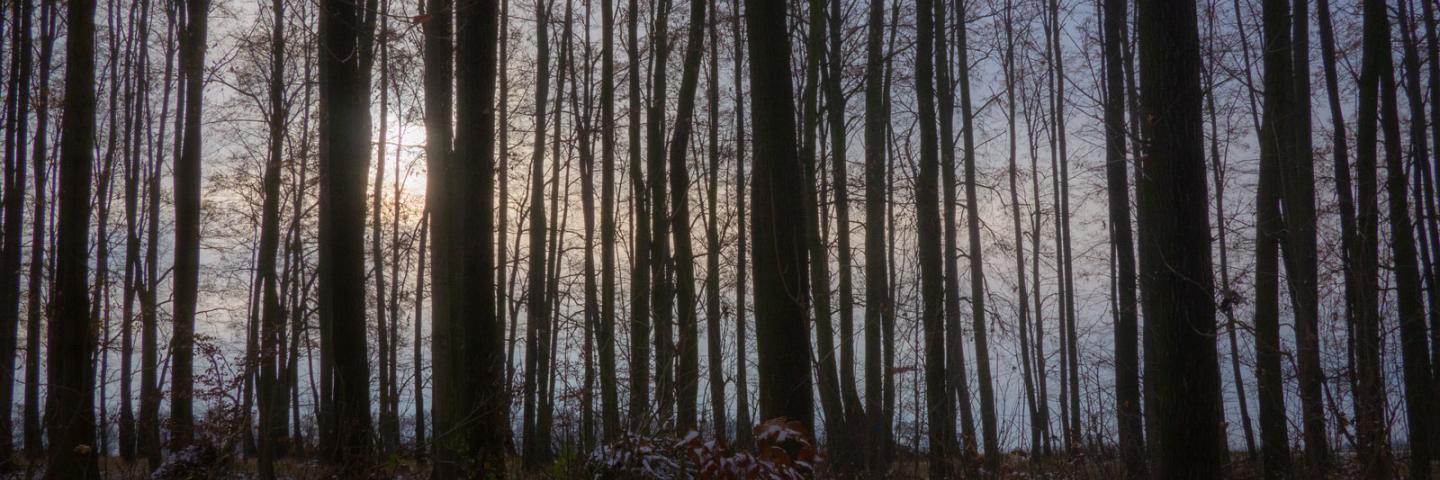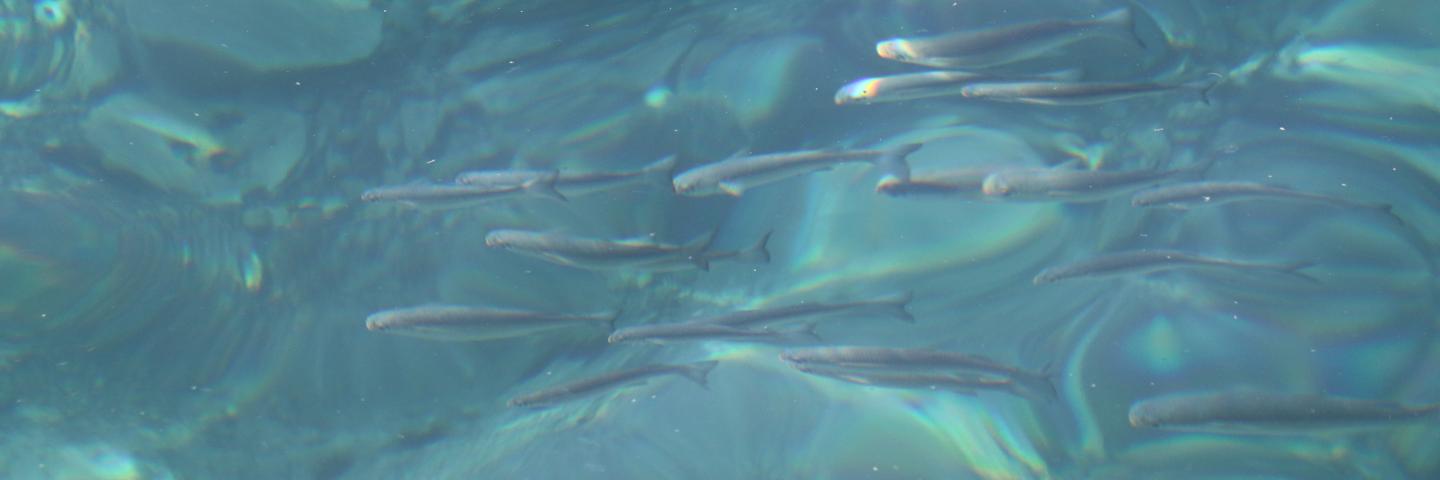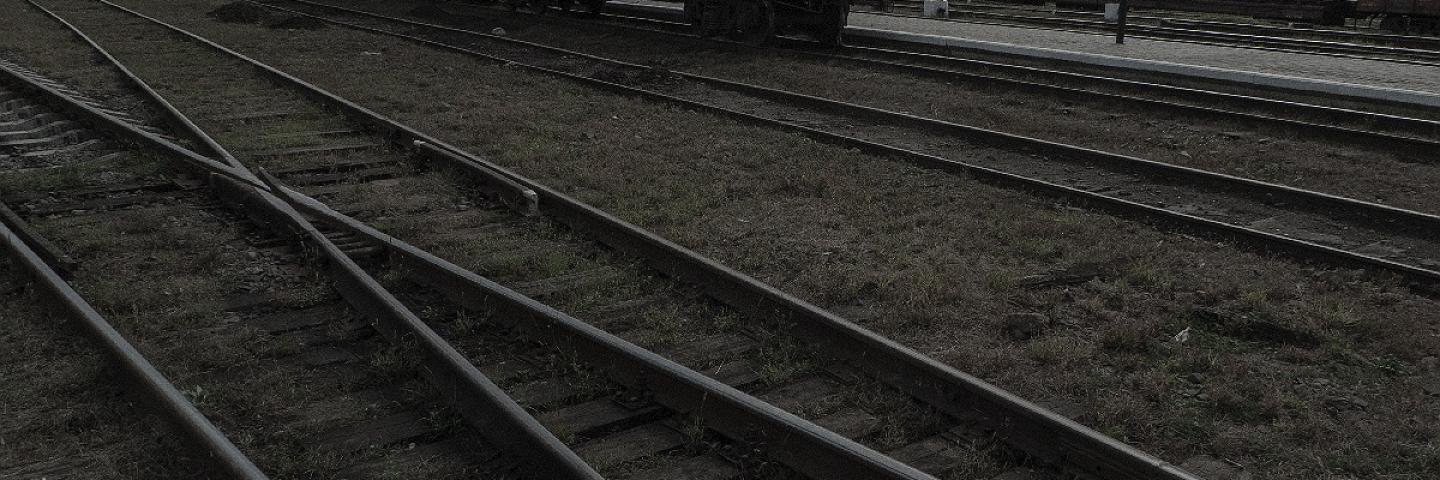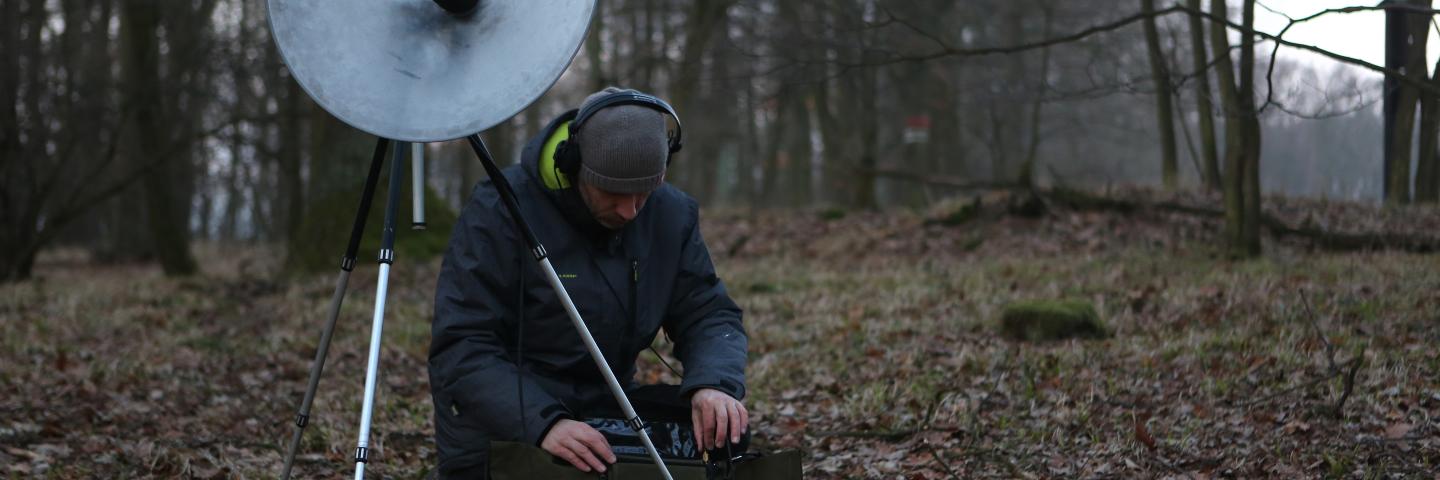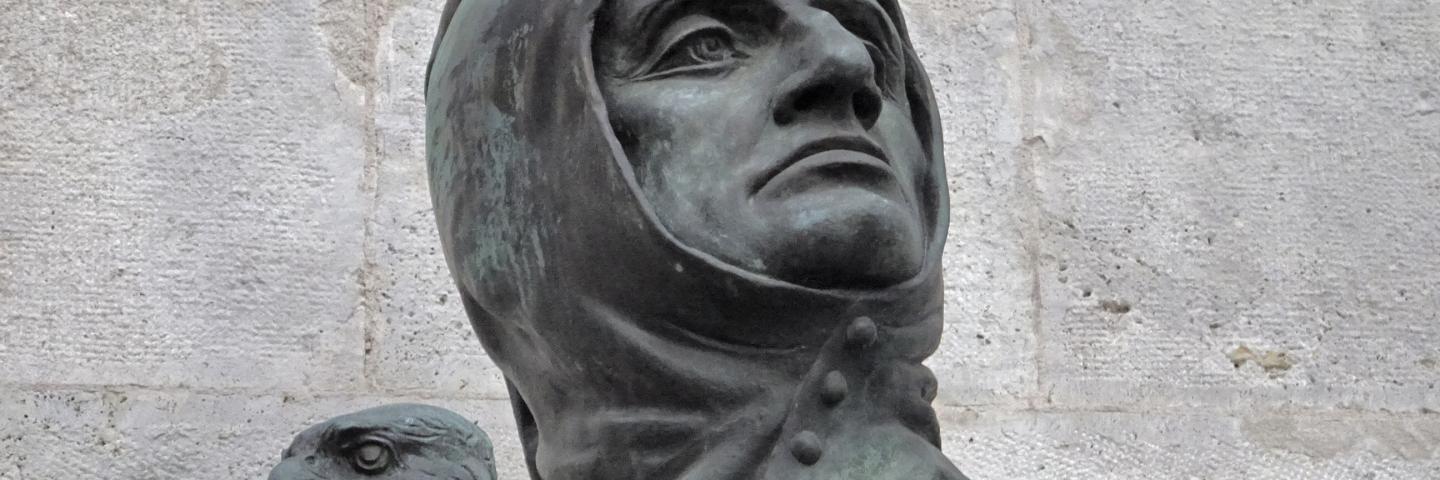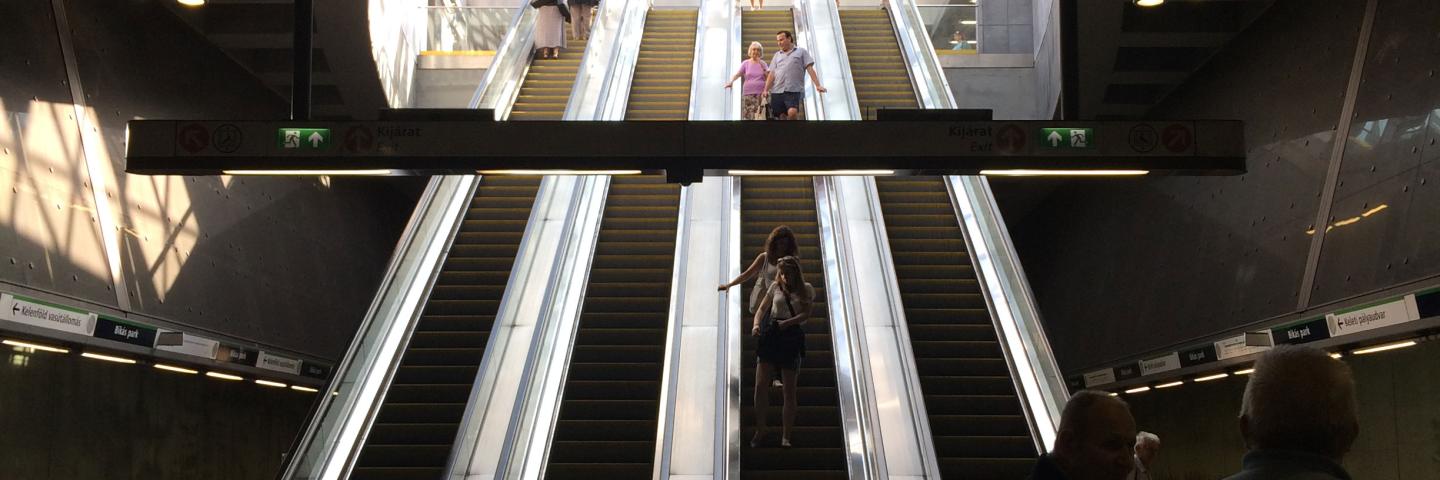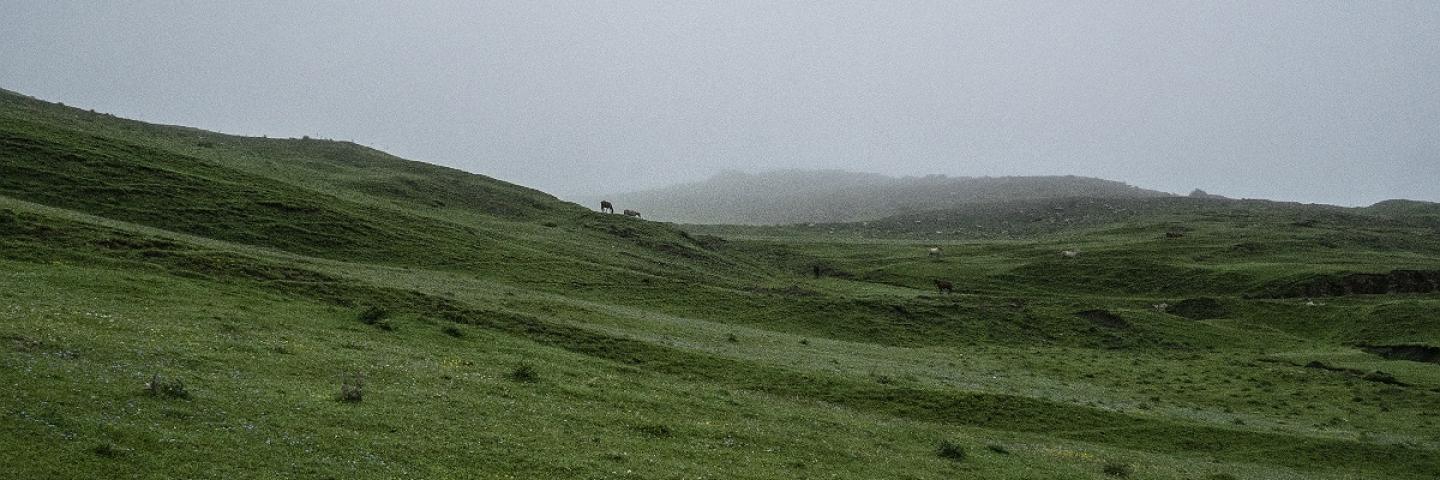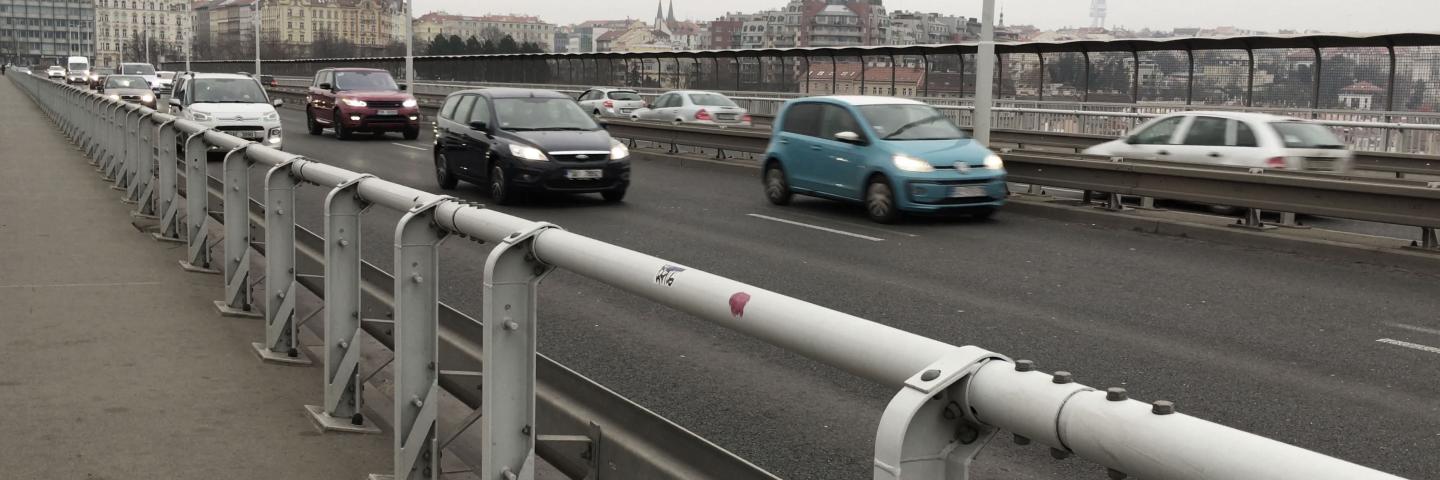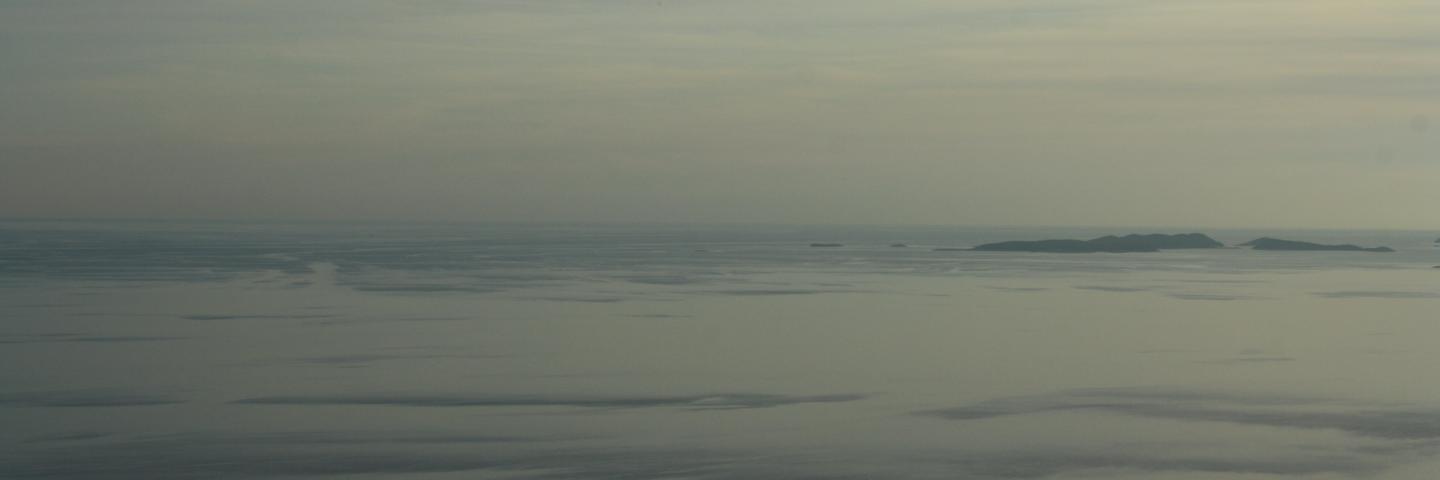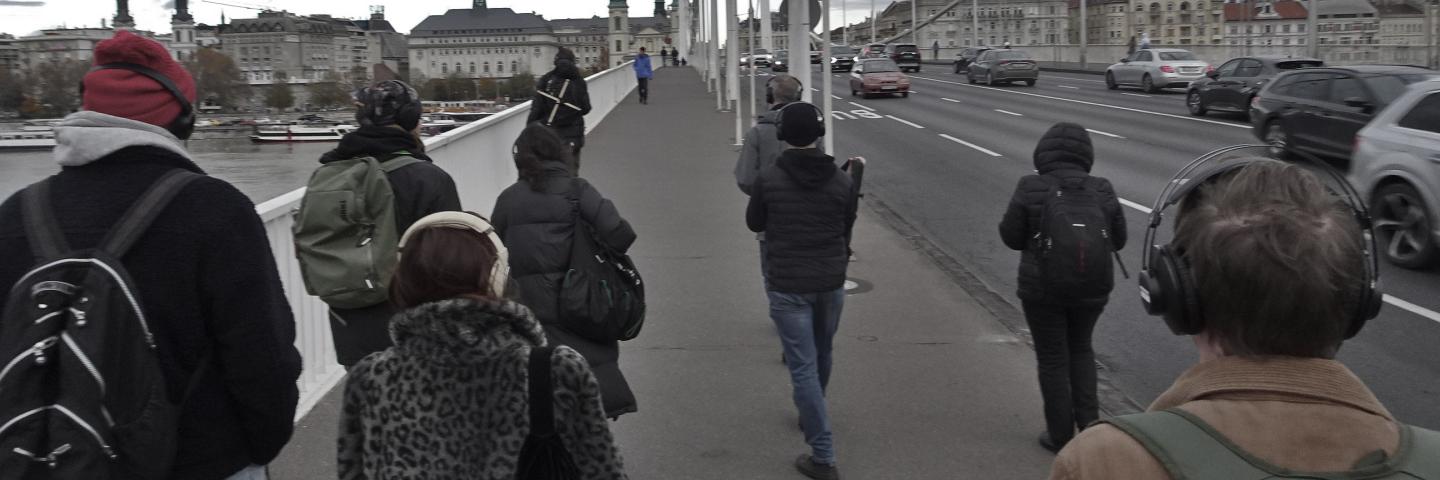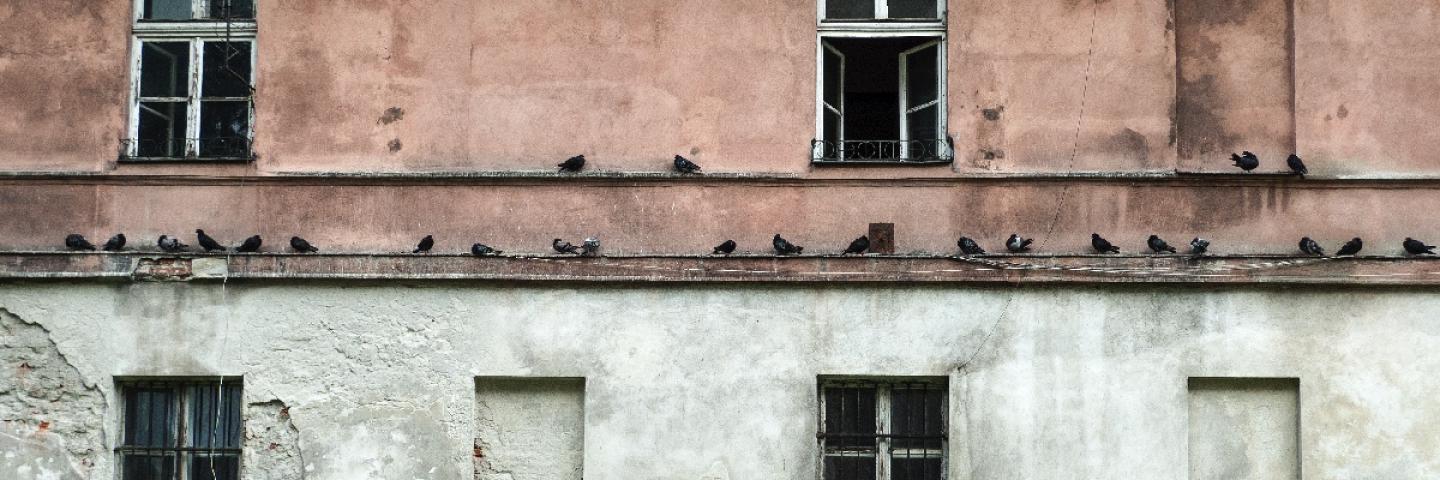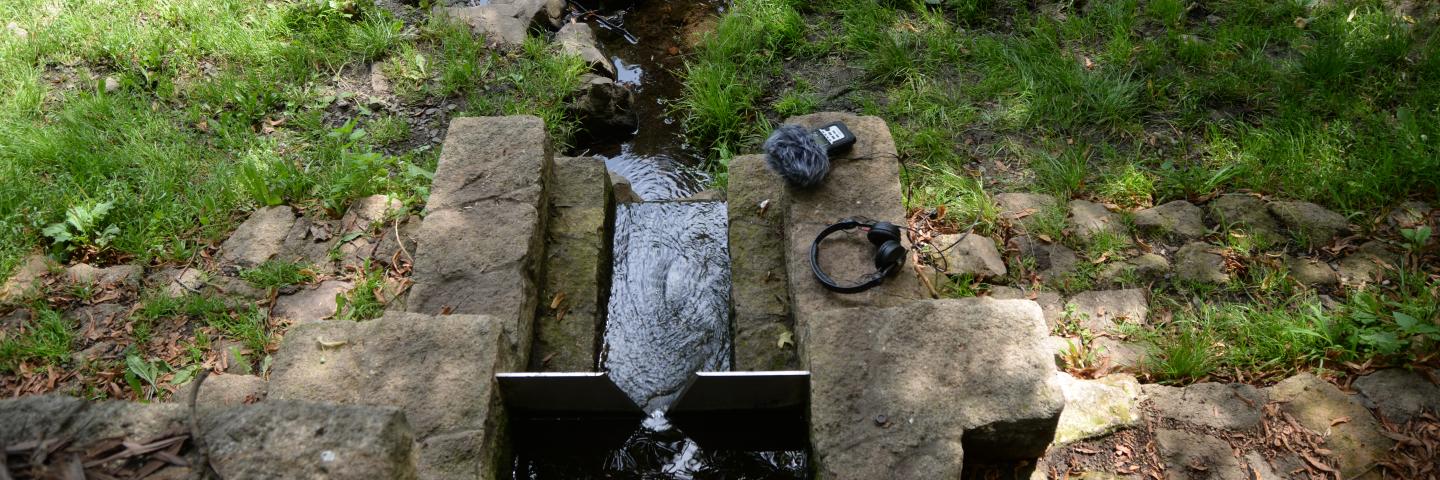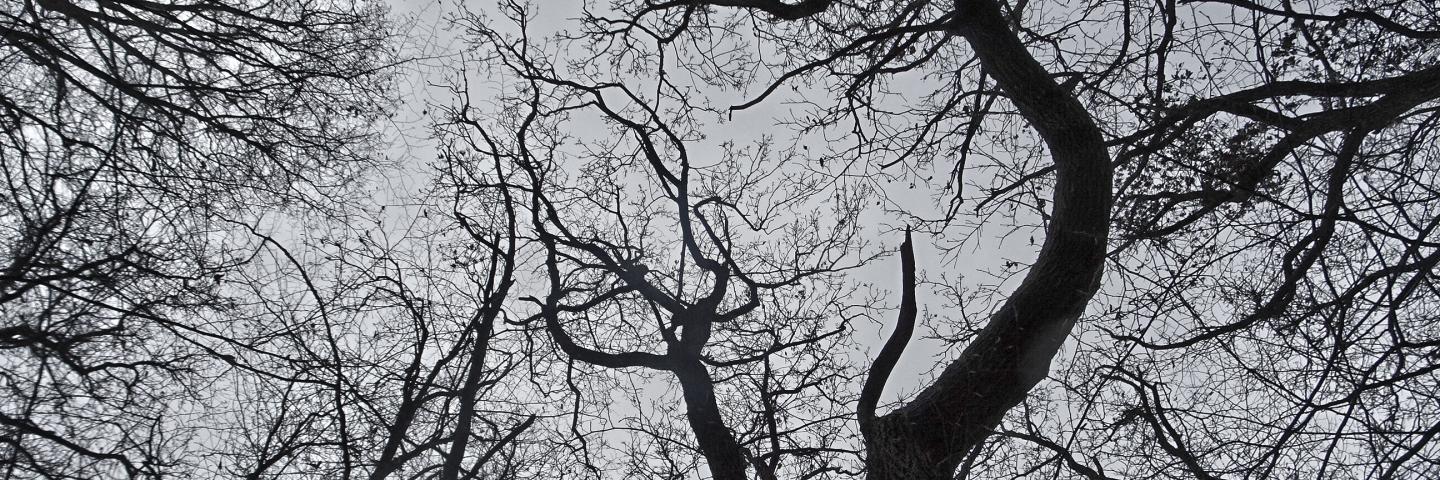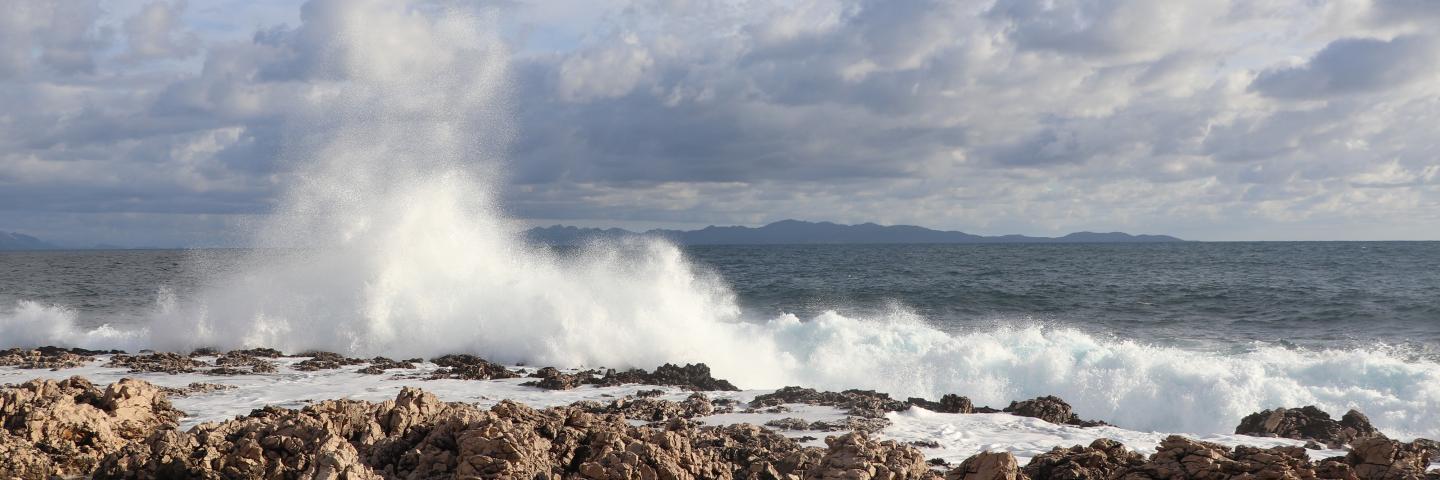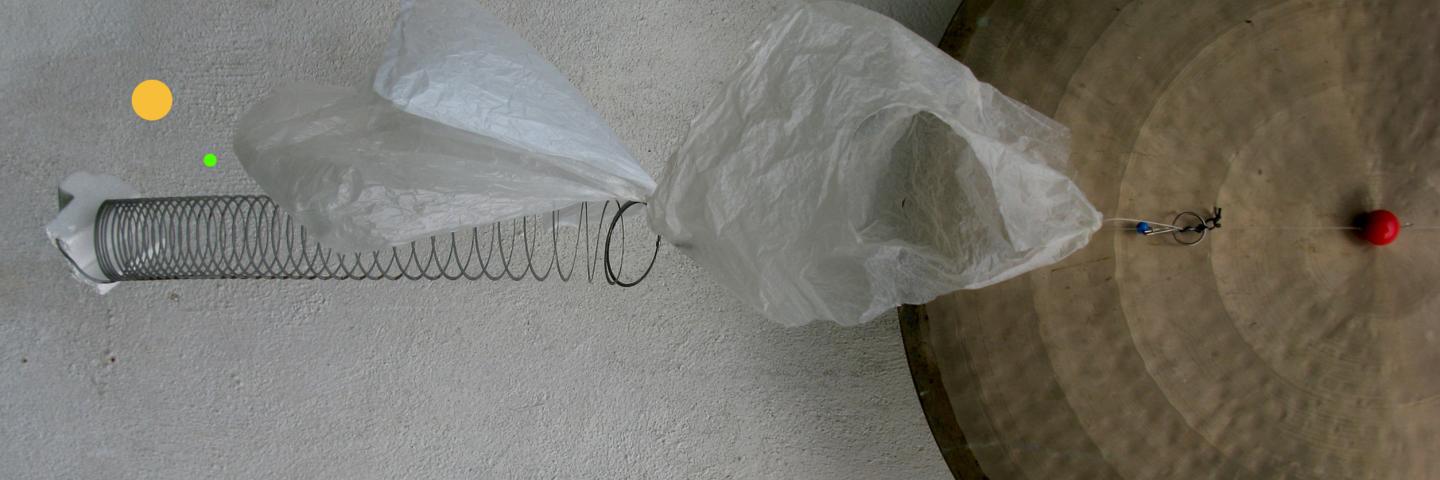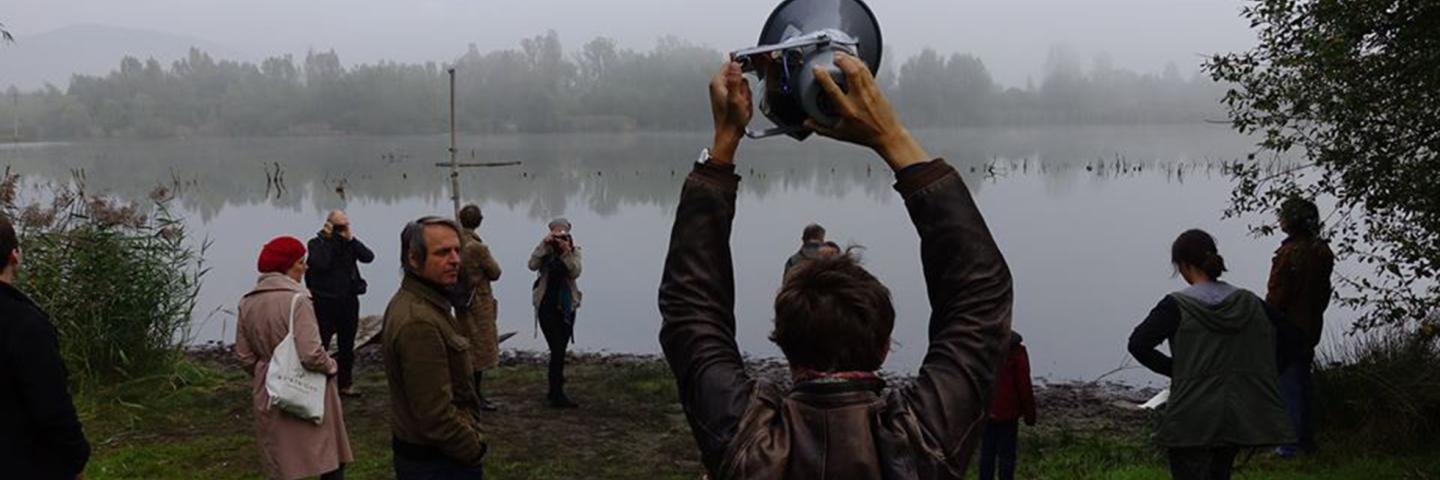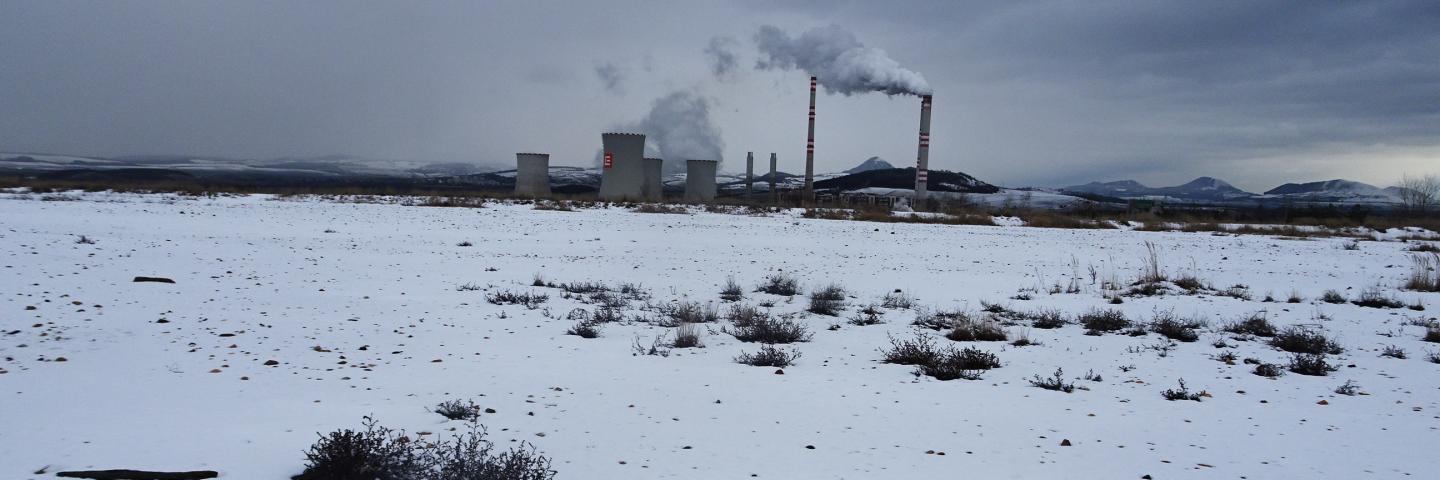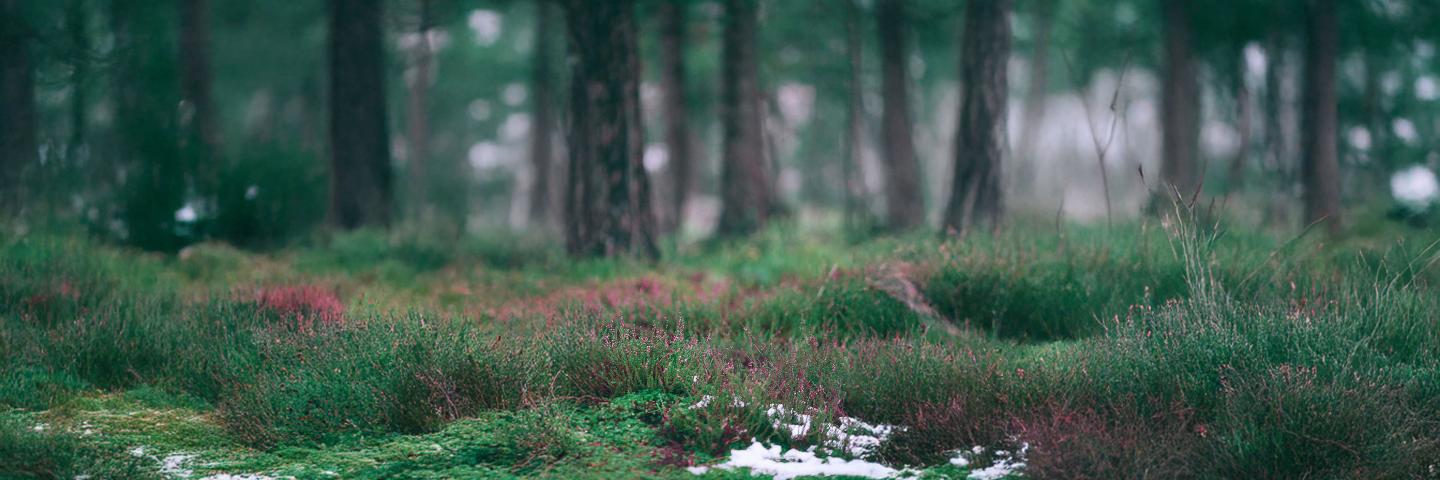Oldřich Unger
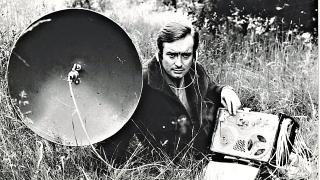
Radio editor, moderator, actor and one of the founders of the art of field recording in Czechoslovakia, Oldřich Unger (January 13, 1934, České Budějovice, July 16, 2015 in Santa Ana, USA) graduated in 1951 from the School of Economics in České Budějovice, and 1962 from the Secondary Educational School in Prague, majoring in journalism. In 1962 he started to work for Czechoslovak Radio in Prague, in the science and technology for youth editorial office. In the editorial office, he was responsible for the STOP magazine program (other members of the studio participated - Bohumil Kolář, Ota Ksandr, Kamil Horák, Milan Bauman and others). His talent as a reporter and nature lover came out in 1963 in the new program Meteor, which Unger maintained to lead until 1973, when he was forced to leave the job in Czechoslovak Radio.
In Meteor, he produced as the editor and reporter a number of reports, interviews and contributions in collaboration with his colleagues Dr. Josef Kleible and Bohumil Kolář, but also with scientists as were Bohumil Švestka, Zdeněk Plavec and Jiří Grygar. In the series Walks in Nature with phytopathologist and poet Professor Ctibor Blattný. He prepared programs with traveler Miloslav Stingl or ethnographer Václav Šolc from the Náprstek Museum. Successful topics included a series from the Prague Zoo with Dr. Josef Král and other zoologists.
In 1964, he started to work on the "Sound Phonotheque of Voices and Sounds of Nature". This sound database served the Meteor program and other editorial studios of the Czechoslovak Radio. The project was called "Sonic Atlas of Nature of the Czech Radio" and contained hundreds of sound recordings recorded with the Nagra tape recorder. In 1965, the BBC Natural History Unit in Bristol expressed interest in exchanging sound documentaries with him. On this project, Unger collaborated with John Burton and Jeffery Boswall, later as well with Sveriges Radio in Stockholm, the Polish, Hungarian and Bulgarian radio. The international exchange of sound recordings was established, for example, with Dr. Veprintsev from the Academy of Sciences in Moscow, with ornithologists of the Hungarian Academy of Sciences and with different foreign institutions. The "Sonic Atlas" library served for production of a number of broadcasts, such as the “Bird hitparade Six on the Perch”, a series about biomusicology (with Dr. Petr Szok), or in 1968 and 1969 the series “Voice for the Day” (with Dr. Libor Halík). In 1972, the Czechoslovak Commercial Department, in cooperation with Merkur, released audio recordings entitled "Birds in the Forest and by the Water" and in 1973 the second volume "Birds of the Forest". The audiocassete was extended with color photographs and a short description of the habitats of each bird. On this project, Unger collaborated with Jiří Formánek (National Museum in Prague). With colleague Bohumil Kolář, he produced a serie about the ocean, which inspired the production of the book "Explorers Of The Deep", translated in 1976 into English, French and German, and published by the publishing house Artia in cooperation with Hamlyn in Great Britain.
In 1965, Unger was invited to join the creative team of the radio program "Non-alcoholic Wine Bar U Pavouka", founded by Zdeněk Svěrák and Jiří Šebánek - editors of the Army Broadcasting of the Czechoslovak Radio and later of Jára Cimrman Theater. Unger performed the role of the author of useless inventions engineer Artuš Lefler. After Jiří Šebánek founded a theater dedicated to Jára Cimrman, he invited Oldřich Unger as one of the core members of the ensemble and later appeared in a cameo role as the guide to the Uko Ješita in the film comedy Jáchyme, hoď ho do stroje!. On May 9, 1968, Literární listy published an article by Petr Chudožilov and Oldřich Unger, “I Blame You for the Death of Your Husband.” Unger recorded an interview with Dr. Sommer, a former prison doctor in Ruzyne. Under pressure from testimonies published in Večerní Praha and other publications, Dr. Sommer committed suicide, and the authors of the article were accused in a radio commentary by B. Roháček of “… forcing Dr. Sommer to commit suicide.” On August 21, 1968, during the occupation of Czechoslovakia, Unger recorded a recording of the situation in front of and inside the building just before the radio station was occupied and evacuated. From 1976, he worked as a sound director at the national enterprise Komenium, where they produced audiovisual teaching aids. He was also responsible for the professional level of the recording studio in Senovážná Street in Prague where he collaborated with Radovan Lukavský, Václav Voska, Karel Höger, Otakar Brousek, Jiří Adamíra, Petr Haničinec, Jiří Kepka, Alfréd Strejček, Dagmar Sedláčková and Klára Jerneková.
In September 1978, after he and his wife had signed Charter 77 he was kicked out from Komenia company and they applied for emigration from Czechoslovakia. In 1979 the family left for Vienna and after a short stay, they traveled to the United States, where they found a job as administrators on estates in California. Unger never returned to his homeland, and died on July 16, 2015 at the age of 81.
source: wikipedia
